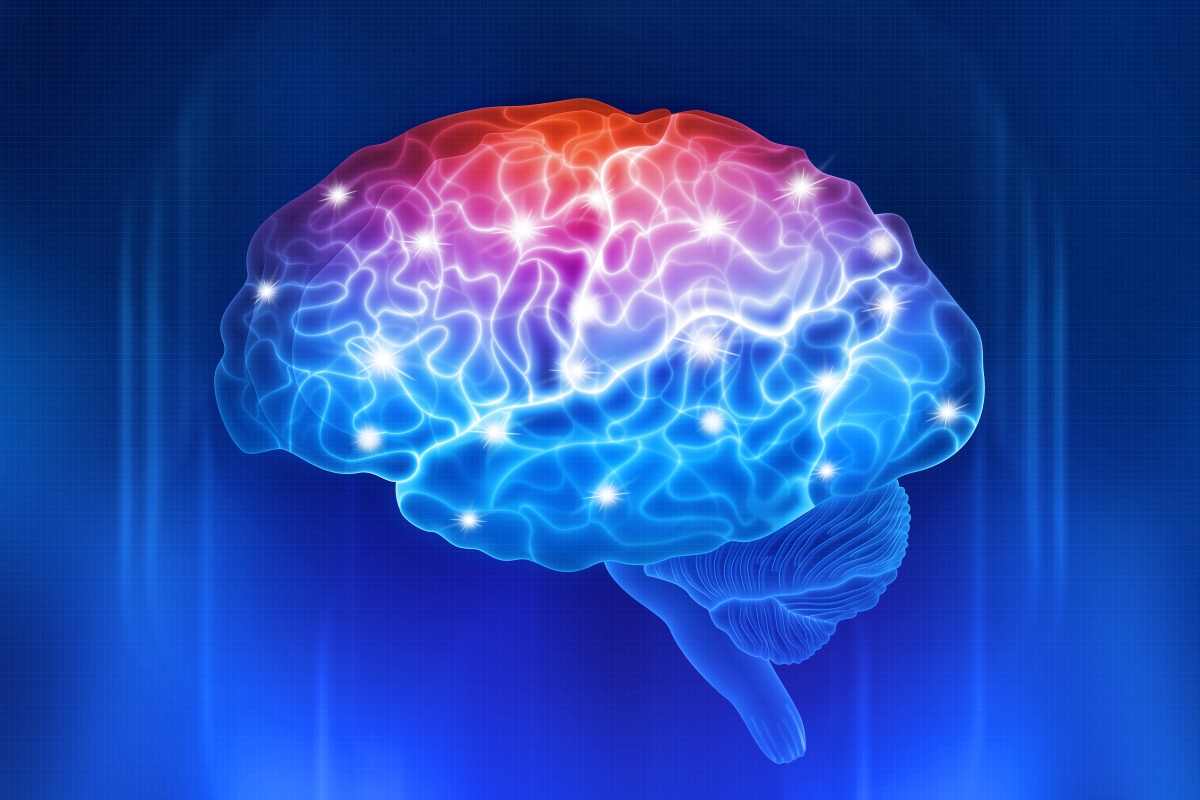Changes in neurotensin signalling drive hedonic devaluation in obesity
Calorie-dense foods, especially those rich in fat and sugar, trigger pleasurable responses in both humans and animals. However, prolonged consumption may lead to a diminished enjoyment of these foods, potentially contributing to obesity. This phenomenon was investigated in mice fed a long-term high-fat diet (HFD), which resulted in a preference for high-fat food over regular chow in their home cages, but a decreased interest in calorie-rich foods when there was no effort required to obtain them. This paradoxical decline in hedonic feeding has been previously observed, but its underlying neural mechanisms remain unclear. Gazit Shimoni et al. (2025) highlight how researchers found that neurons in the lateral nucleus accumbens (NAcLat) that connect to the ventral tegmental area (VTA) regulated hedonic feeding behaviors in mice on a regular diet. In contrast, HFD mice exhibited a decline in this behavior, which became disconnected from neural activity. Stimulating the NAcLat→VTA pathway using optogenetics increased hedonic feeding in regular-diet mice but had no effect on HFD mice. However, their hedonic feeding behavior was restored when HFD mice were switched back to a regular diet. Additionally, HFD mice showed reduced levels of neurotensin expression and release within the NAcLat→VTA pathway. Further experiments revealed that knocking out neurotensin in the NAcLat or blocking neurotensin receptors in the VTA eliminated optogenetically induced hedonic feeding. On the other hand, increasing neurotensin signaling through overexpression helped normalize aspects of diet-induced obesity, such as weight gain and hedonic feeding. These findings suggest that a specific neural circuit is responsible for the diminished pleasure response to calorie-rich foods in obesity.
Year: 2025

 Navigation
Navigation








